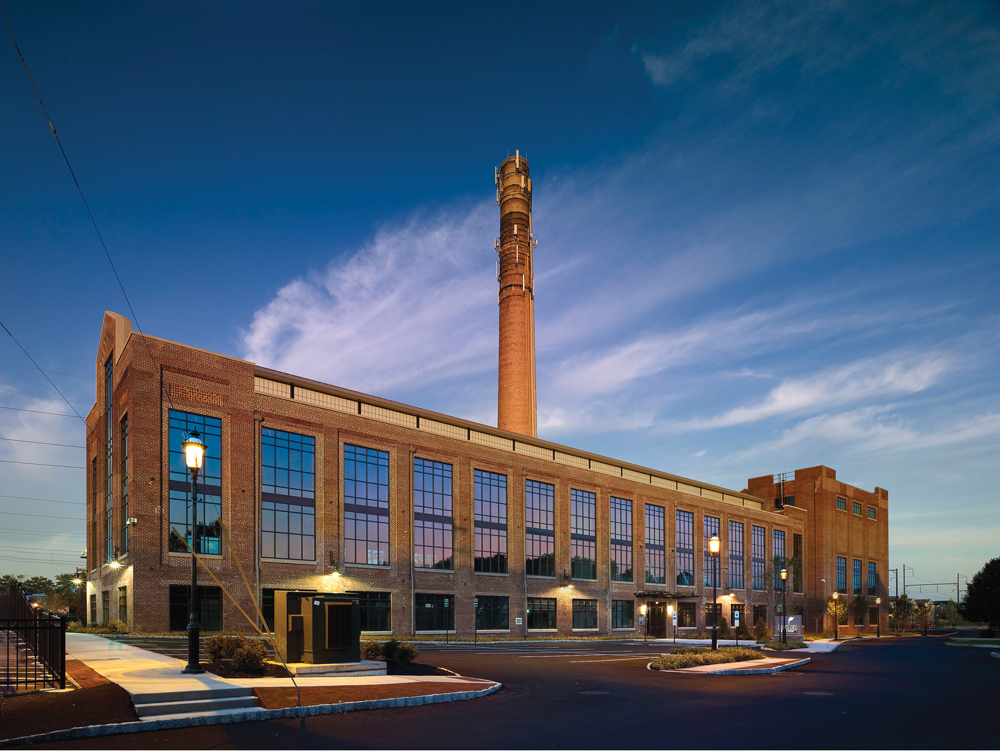Published first on the Progress News, February 1, 2021
I’d like to tell you a story about a town with a challenging history. This is a town that was built up on 19th century industry and became the home of a landmark industrial complex. Times changed, though, and the town saw its industry, jobs, and purpose slowly disappear. The very industry that built the town became something of a pariah, celebrated in its early days but now blamed for health and environmental problems around the globe. By the end of the 20th century, the entire community was in steep decline, with little hope in sight.
You may think that I’m talking about Emlenton, since I focus much of my effort there right now, working on the former Quaker State refinery complex. But I’m not. In truth, I could be talking about any one of thousands of rustbelt communities across the United States, so common is this story. In this case, however, I’m talking about Ambler, a town in Eastern Pennsylvania which was built in large part on the asbestos industry.
I’m sharing the story of Ambler not to commiserate on the plight of rustbelt towns, though. I’m sharing the story of Ambler to show what can happen when redevelopment goes well. Ambler has enjoyed a renaissance over the last decade thanks to the hard work of a resourceful and innovative group of folks who saw their landmark brownfield – the Boiler House – as an opportunity to breathe new life into the region.

Ambler’s contamination problems were even bigger than those in the AC Valley, as they had to deal with two major asbestos dump sites as well as the Boiler House, a 48,000-square-foot power generating station that served local asbestos manufacturing operations. It took nearly $5 million in assessment and cleanup funds to get the Boiler House site ready for renovations and redevelopment, and then another $16 million to bring the redevelopment project to fruition. It also took a lot of collaboration, with the Montgomery County Redevelopment Authority, the EPA, the PA departments of Environmental Protection and Health, as well as local universities, non-profits, and private developers joining forces.

After four years of tireless efforts, the renovated Boiler House was LEED-Platinum certified, meaning that it offered an exceptional level of environmental, social, and economicsustainability, and the redevelopment resulted in over 300 new jobs at the complex itself, as well as a wave of new hope and new energy across the community. Buildings throughout the area that had languished, blighted or vacant for decades, began to get some much-needed love as residents and investors started to believe in the future of their town again. As purposeful life returned to properties, Ambler enjoyed a swell of new property taxes, which was then invested into improved public infrastructure and amenities.
Every rustbelt town has its own unique spin on a common story, but the story of Ambler shows what can happen with successful redevelopment: new life, new hope, new economic prosperity, and an improved quality of life for all.
